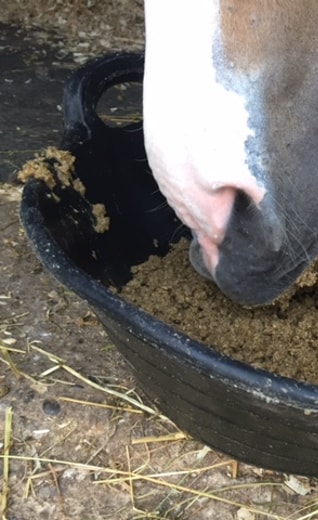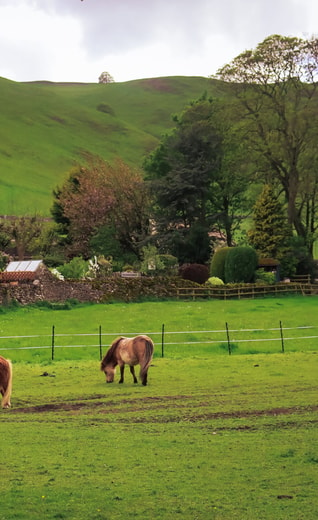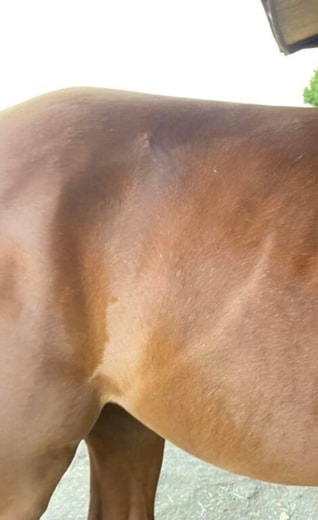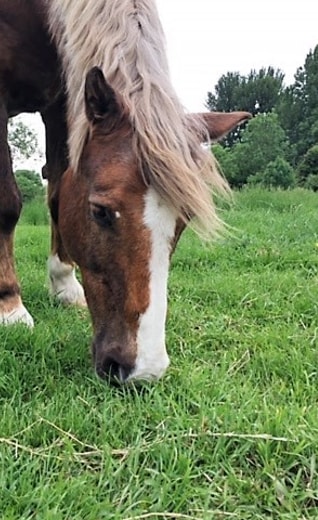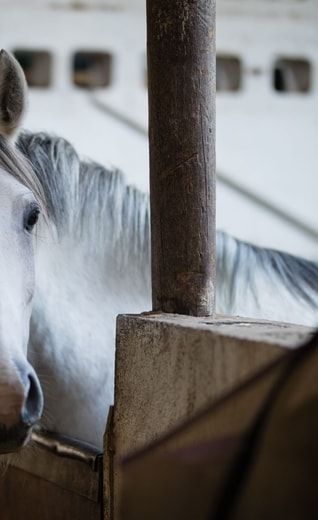Retirement Planning for Your Equine Partner: Ensuring a Happy, Healthy, and Fulfilling Life After Riding
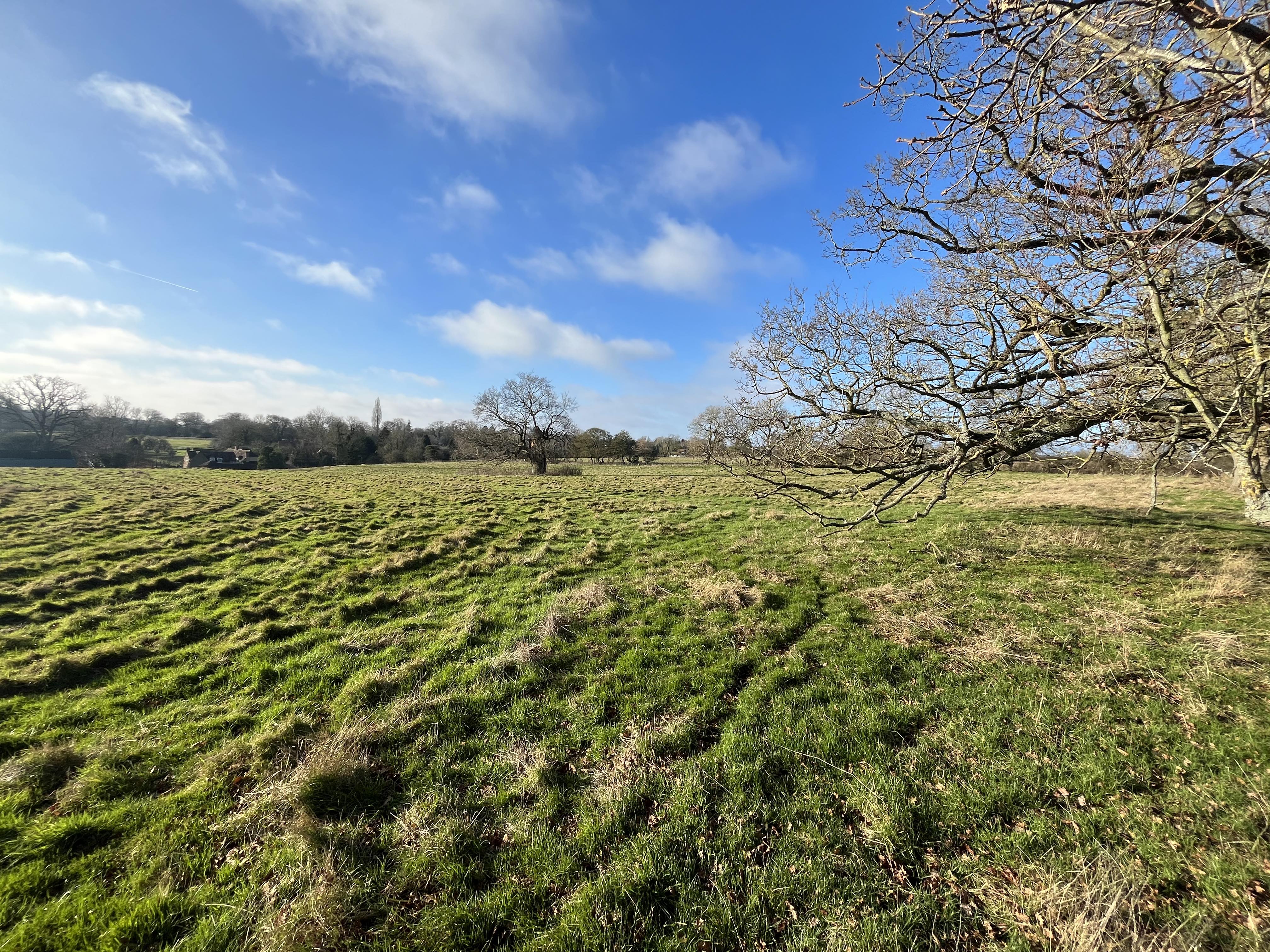
For many of us, our horses are completely part of the family and so much more than just riding partners. Their well-being remains a top priority throughout their lives, even after their careers may be over. Just as we plan for our own retirement, it is crucial to plan for our equine partners' retirement, ensuring they enjoy a fulfilling, comfortable, and content life in their golden years.
1. When is the Right Time to Retire?
Determining the right time to retire your horse is a crucial decision. There is no one-size-fits-all answer, as it depends on various factors, including your horse's age, health, and activity level. Here are some signs that retirement may be approaching:
Age: Ageing in horses, like people, is highly individual. As they age, they may not be as physically capable or willing to engage in ridden work.
Health Issues: Chronic health problems such as arthritis, lameness, or recurrent injuries can make it challenging for your horse to continue working or competing.
Decreased Enthusiasm: If your horse starts showing disinterest in activities they used to enjoy or becomes lethargic, it may be a sign that they are ready for a quieter life.
Physical Limitations: Pay attention to physical limitations, such as reduced stamina or difficulty maintaining their ideal body condition.
Ultimately, your horse will play a significant role in steering this decision-making process. Seek valuable input from your home team, consulting your farrier, vet, and bodyworker, to aid in making this important choice. It's often beneficial for many horses to transition into retirement through a gradual reduction in their workload rather than an abrupt end to ridden work.
2. Choosing Retirement Livery or Staying at Home
While some horse owners may be fortunate enough to provide an idyllic retirement on their own property or existing livery yard, others may need to seek external options. Key considerations include:
Home Retirement:
- Familiar surroundings: Your horse stays in a place they are comfortable with.
- Personal care: You can provide one-on-one care and attention.
- Costs: Potentially lower costs compared to retirement livery packages.
Retirement Livery:
- Expert care: Livery facilities often have experienced staff who specialise in senior horse care.
- Social interaction: Horses benefit from the company of other retired horses and less boisterous youngsters.
- Specialised facilities: Some livery yards offer purpose-built retirement facilities, such as arthritis-friendly turnout areas.
We spoke to Gabrielle Morgan from Weston Retirement Livery to find out more about how to choose the right retirement livery for your horse…
We often find that the owners are much more worried about the change of home than their horses. It becomes second nature to do your horse every day, and leaving them in someone else’s care can be daunting; especially with horses that may have little ‘niggles’ you are worried will be overlooked.
We find that 24/7 turnout in small single sex herds (maximum 6) helps horses to settle really quickly and become a much-loved member of the pack. People are often worried that their horse will miss their stable and comfort in a warm bed, but honestly, most settle in a maximum of 48 hours and soon prefer to be out. The constant walking aids them not getting stiff and living in a herd seems to make them all very happy. We make sure there is always plenty of forage available (winter its ad lib hay/haylage and summer mainly grazing as we have great land). It’s important to make sure what is included in the price, and the set up with rotating fields and how this is all managed. We genuinely find that the horses very rarely use the shelters; they prefer the natural shelters in the form of trees or hedges, and if they do use the shelters, it’s for shade in the heat in the summer. Ask for photos of the horses in winter and summer, so you can see their ground; being knee deep in mud for months at a time isn’t favourable (although sometimes in the British weather it’s impossible to manage the mud), so you must choose carefully.
Feed is provided by the owner; mainly they all are on balancers or conditioning feeds for the older horses that require extra support. The horses are taken out of the field into a separate pen or held outside to eat so the others can’t ‘steal’ or hurt each other (and it keeps us safe too).
Horses are checked twice a day, and feeds and medication are given when needed. Our service also includes regular body condition scoring and weigh taping. All basic first aid, creams, cleans etc are all included in the cost. All rug changes are included, and we always consult the owner if any changes need to be made. Owners can come down at any time with no prior appointment. We have an excellent first aid box on site that I can see from the house – and our own transport if anything is an emergency. We attend all vet appointments, and really act in every way as an owner would. We truly pride ourselves on looking after them like they are our own.
It’s imperative to have a contract in place, which clearly states everything in the case of an emergency. It’s also good to understand how often they will be thoroughly checked; rugs off, photographs etc. And who manages the vets and farrier visits.
3. Managing Health Issues
As horses age, they may face a range of health issues. Regular veterinary check-ups, vaccinations, dental care, and appropriate nutrition are essential. Consider discussing with your vet whether any specific supplements or medications are needed to address age-related health concerns. Monitoring your horse's weight, hoof health, and dental care becomes even more critical in their senior years. Consider the following:
Senior MOTs: Schedule regular check-ups with a vet who specialises in geriatric horse care. This includes dental care, vaccinations, parasite control, and monitoring for conditions such as arthritis and Cushing's disease.
Nutrition: Adjust your horse's diet to meet their changing nutritional needs. Many seniors can benefit from senior-specific feeds, formulated with elevated levels of nutrients to supporting ageing equines.
Medications and Supplements: Your horse may require medications or supplements for chronic conditions. Consult with your vet to determine the best long-term treatment plan.
4. Providing a Fulfilling Retirement
Retirement should not mean isolation and inactivity. Just like humans, horses thrive on social interaction and mental stimulation. Here are some ways to provide a fulfilling retirement for your equine companion:
Turnout Time: Ensure your horse has access to daily turnout, allowing them to graze, move, and socialize with other horses. Movement and social interaction are vital for their mental and physical well-being. Try to utilise paddocks that are not too heavily poached in winter so as to not strain their joints.
Social Interaction: If your horse enjoys the company of others, retiring with a companion can prevent loneliness and boredom.
Mental Stimulation: Leaving a stable toy with a horse is not effective enrichment if the horse doesn’t interact with it. Try different items and ideas to find what works for your horse and offer them for short periods at a time to maintain novelty and interest.
Gentle Exercise: Light exercise such as hand-walking or leading off another horse can help maintain their muscle tone and joint health. Getting out of the yard can offer a pleasant change of scenery and keep your horse engaged.
Regular Grooming: Continue to groom and pamper your retired horse, as it promotes bonding and relaxation.
Retiring a horse is a significant decision and requires some planning to ensure your equine partner enjoys their twilight years to the fullest. Deciding when to retire, choosing the right living situation, managing health issues, and providing enrichment are all essential aspects to consider. Remember that each horse is unique, so tailor their retirement to their individual needs and preferences. With proper planning and attention, you can ensure that your equine companion enjoys a happy and fulfilling retirement, reflecting the years of joy and partnership you've shared.
